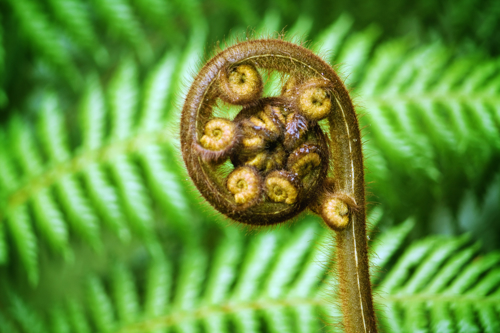MWC celebrates future with first Māori Engagement Strategy
MWC’s first Māori Engagement Strategy will enable and guide engagement between Māori people and communities and MWC for more impactful world-leading research.

Alongside leading Māori researchers and Alan Wilcox and Associates, and after rigorous review and discussion across the MWC research themes, with Māori partners and all levels of leadership, the MWC has drafted its first Māori Engagement Strategy.
The process has involved a broad review of strategy, processes, reports, and activities related to improving Māori outcomes and led to a framework to support more effective engagement among MWC, researchers and Māori partners using the most appropriate approaches and at the most appropriate level.
Director Professor Greg Cook says he is excited for the future. “The Framework sets up an amazing opportunity and once finished, will be an incredible gift for all MWC researchers by identifying actions individual researchers or the centre as a whole can take to ensure the world class science we do has maximum benefits for Māori.”
One important part of the new strategy is it emphasises the need to have Māori involved in the decision-making processes. During 2022, MWC welcomed Huti Puketapu-Watson (Ngati Porou, Tainui) and Peter-Lucas Jones (Te Aupōuri, Ngāti Kahu, Te Rārawa, Ngāi Takoto) onto the Board to add Māori voices in high level decision making and leadership to put Māori at the heart of MWC.
The other step forward has been the creation of the Kaiarahi role to ensure Māori are involved in the running of the centre and to provide a structure to assists MWC researchers in engaging with Māori. Conor Watene O’Sullivan (Te Arawa, Te Rārawa, Ngāpuhi, Ngāti Maru) from The Moko Foundation joined MWC as Kaiārahi in 2022 and has begun a programme of work around the country, to help increase a broader understanding of Te Ao Māori and aspirations of hauora Māori for MWC researchers.
Greg Cook goes on to say “MWC research has a strong focus on major diseases relevant to Aotearoa/New Zealand, particularly those affecting Māori with the aim to reduce health inequalities. When implemented, the Strategy will enable people and communities most affected by particular conditions to be more involved in our research and in the production of the solutions.”
As a stepping-stone in this direction, the MWC has included a requirement for investigators to articulate how their projects will benefit Māori in proposals. The new process was co-developed by senior Māori researchers to ensure Māori health advancement was prioritised. The MWC Kaiārahi is now involved in this process and provides feedback and guidance to investigators.
Greg says the fourth iteration of MWC, which runs to 2028, will see a major focus on the Centre expanding interactions with clinicians and communities, particularly Māori and Pacific communities.
Greg says, “What has been really pleasing is seeing how much this strategy has been embraced, especially with younger members of the Centre leading the way.”
Conor Watene O’Sullivan, MWC Kaiārahi says the Strategy has been developed on the basis that MWC is a crown funded entity which has a responsibility to advance Māori health outcomes not only due to need but also to uphold its commitment to the Treaty and Te Tiriti o Waitangi.
“The foundations of the Strategy, Mana whakahaere, Mana motuhake, Mana tangata and Mana Māori, are derived from Te Tiriti to help guide MWC to achieve mana-enhancing outcomes for te iwi Māori. They are goals for Māori, whether individuals, whānau, hapū, iwi or Māori organisations that engage with MWC to achieve. This strategy helps guide the MWC to make this possible.”
To achieve those four Te Tiriti platforms MWC will focus on building Māori capability and researcher capability, engaging with Māori for projects and programmes and building organisational capability.